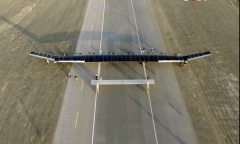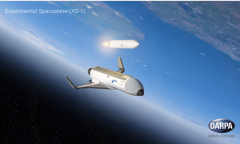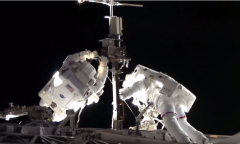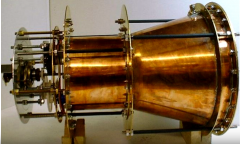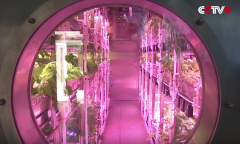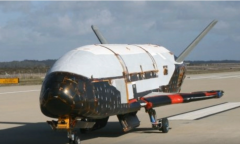By Prei Dy, | June 14, 2017
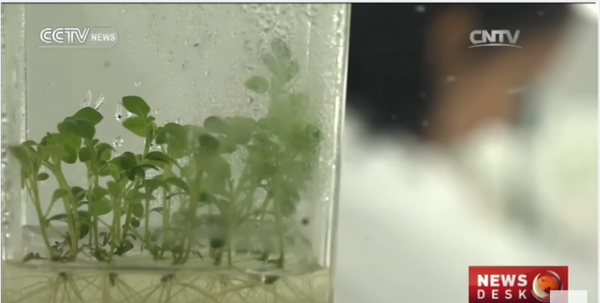
Space farming: China wants to grow potatoes in space. (YouTube)
China is attempting to grow potatoes on the moon as part of its upcoming lunar mission, scientists revealed during the Global Space Exploration Conference (GLEX 2017) held in Beijing.
The potatoes will be sealed inside a "mini ecosystem" of China's Chang'e-4 mission, which is scheduled to be launched in 2018. The potatoes will be contained in a small cylinder (around 18 x 16 cm) on the surface of the Earth's natural satellite. Potato seeds and the larvae of the insects, including the silkworm, will also be placed inside the cylinder, Professor Xie Gengxin of Chongqing University said as cited by BBC.
Like Us on Facebook
"The container will send potatoes, arabidopsis seeds and silkworm eggs to the surface of the moon. The eggs will hatch into silkworms, which can produce carbon dioxide, while the potatoes and seeds emit oxygen through photosynthesis. Together, they can establish a simple ecosystem on the Moon," Zhang Yuanxun, chief designer of the container, said.
Scientists want to find out if insects and spuds will thrive on the lunar surface. Furthermore, China Radio International reported that the results will also offer insights on the viability of a potential human colony.
Last month, China also tested the ability of four of its future astronauts to remain on the moon for longer periods. The post-graduate students entered a 160-square meter simulated space cabin, called the "Yuegong-1" or "Lunar Palace." The experiment aims to help experts understand what the humans will need to stay in the moon "in the medium and long terms."
The volunteers will be sealed in a lab with no input from the outside world. Even their waste will be treated with a bio-fermentation process, and experimental crops and vegetables will be grown with the help of food and waste products.
China's Lunar Palace is dubbed as the world's most advanced closed-loop life-support technology by far. It is the first bioregenerative life-support base in China and the third in the world. However, chief designer Liu Hong described this as "the first of its kind" as it is the only facility to include animals, microorganisms, plants, and even human beings.
-
Use of Coronavirus Pandemic Drones Raises Privacy Concerns: Drones Spread Fear, Local Officials Say

-
Coronavirus Hampers The Delivery Of Lockheed Martin F-35 Stealth Fighters For 2020

-
Instagram Speeds Up Plans to Add Account Memorialization Feature Due to COVID-19 Deaths

-
NASA: Perseverance Plans to Bring 'Mars Rock' to Earth in 2031

-
600 Dead And 3,000 In The Hospital as Iranians Believed Drinking High-Concentrations of Alcohol Can Cure The Coronavirus

-
600 Dead And 3,000 In The Hospital as Iranians Believed Drinking High-Concentrations of Alcohol Can Cure The Coronavirus

-
COVID-19: Doctors, Nurses Use Virtual Reality to Learn New Skills in Treating Coronavirus Patients


